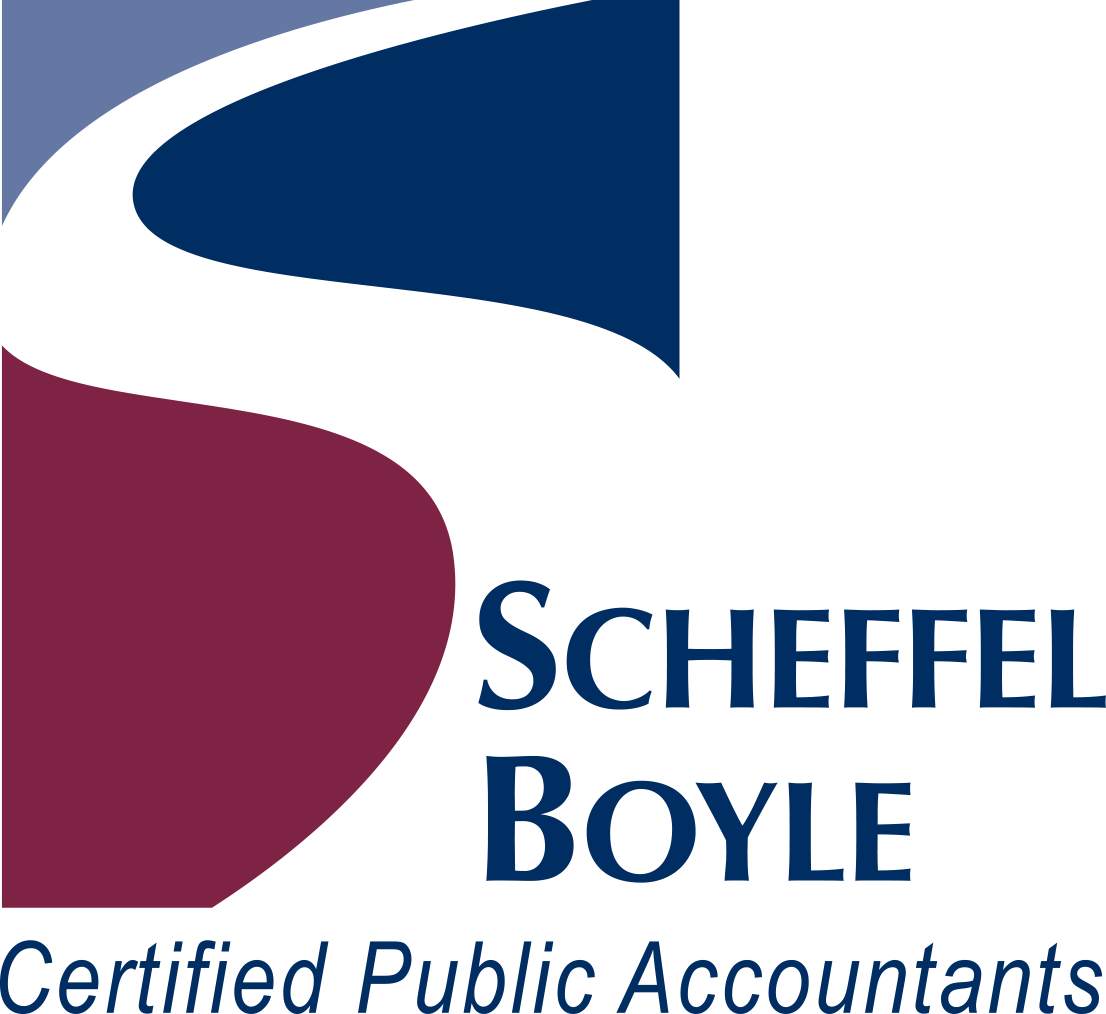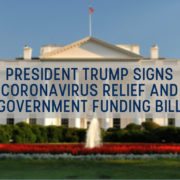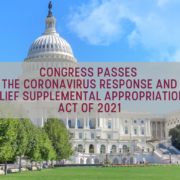President Trump Signs Coronavirus Relief and Government Funding Bill
On Sunday, December 27, President Trump signed the COVID-19 relief and government funding bill into law. The Coronavirus Response and Relief Supplemental Appropriations Act of 2021 has the following key provisions:
- Clarification on the deductibility of expenses paid with forgiven PPP loans
- Additional PPP funding for certain businesses
- Extends certain tax credits for payroll and sick leave
- Direct stimulus payments to individuals
- Extended unemployment benefits
For more details on these key provisions and others, please see our earlier blog regarding the bill by clicking here: Congress Passes COVID-19 Bill, Waiting on the President’s Signature
We will continue to monitor the updates related to this bill and send out additional information as it becomes available. Please reach out to your trusted Scheffel Boyle team member with questions. We are here to help!



